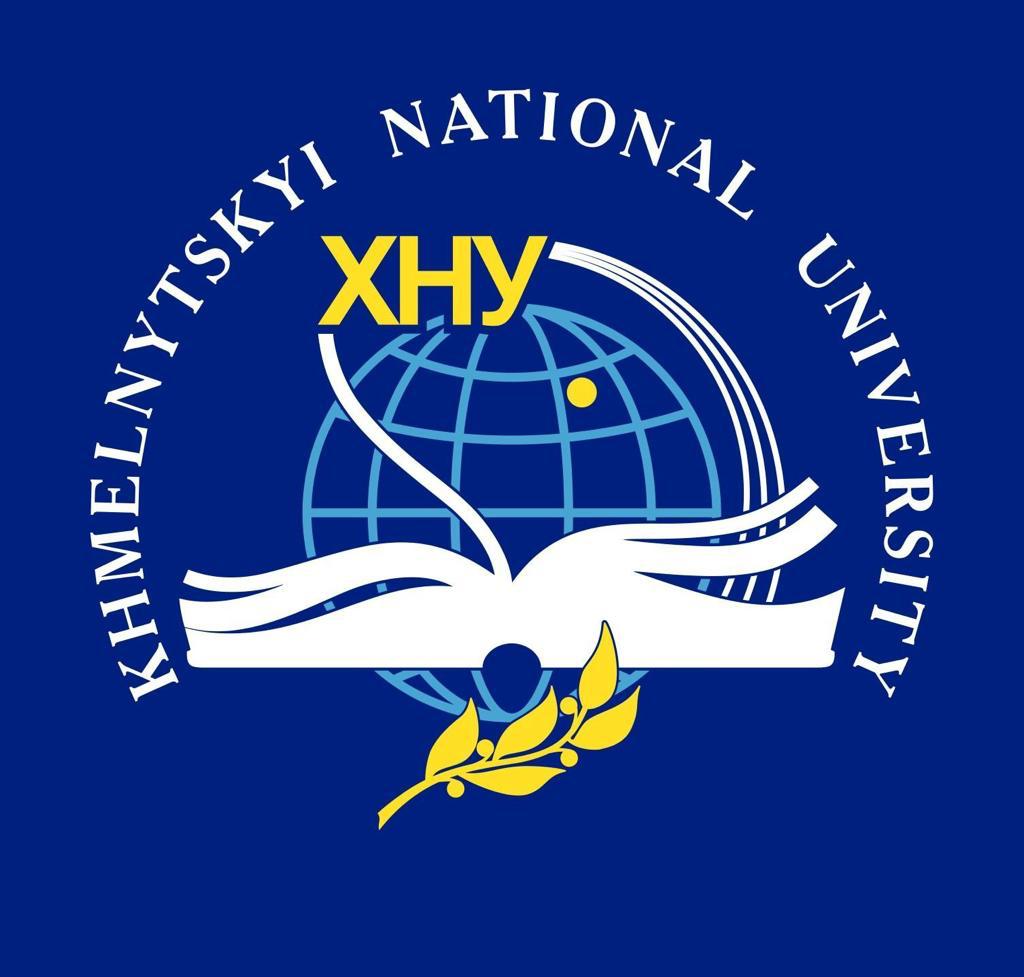GENDER ASPECTS OF PHYSICAL EDUCATION: PRACTICES AND PROSPECTS FOR IMPLEMENTATION
DOI:
https://doi.org/10.31891/pcs.2024.4.2Keywords:
gender, gender approach, sport, physical education, physical cultureAbstract
Gender roles determine the expected behavior of men and women in certain situations and play a significant role in culture and society. However, the problem of gender inequality is that these roles and expectations can lead to limitations in people's capabilities, behavior and identity. For example, stereotypes can lead to discrimination against women at work or to inequality of opportunities in the field of sports. Currently, there is a need for a radical reorganization of physical education, changing views on physical culture and sport and physical education in general, and even reviewing the methodology of physical education in higher education institutions. The problems of organizing physical education require a comprehensive approach. In the modern world, physical education and sports play an important role in the formation of a harmoniously developed personality, contributing not only to the physical, but also to the social, moral and psychological development of a person. However, the issues of integrating a gender approach into this area remain extremely relevant, because traditional stereotypes and unequal opportunities still significantly affect access to sports resources, teaching methods and the choice of disciplines.
When organizing educational and practical classes in physical education, classes must necessarily be built taking into account gender characteristics. The gender approach in physical education and sports is designed to take into account the biological, social and cultural characteristics of representatives of different sexes, creating conditions for the equal development of their potential. At the same time, it faces a number of challenges, such as the persistence of stereotypes, insufficient understanding of gender aspects among teachers and coaches, as well as the need to adapt educational programs to modern realities.
This article is devoted to the analysis of the main problems, experience in implementing a gender approach, and prospects for its development in the field of sports and physical education, with the aim of emphasizing the importance of equality and inclusion for modern society.
References
Marchenko, O. Tsykalo L. (2020) Hendernyi pidkhid u fizychnomu vykhovanni. Vid vytokiv do sohodennia. [Gender approach in physical education. From the origins to the present] Naukovyi chasopys Ukrainskoho derzhavnoho universytetu imeni Mykhaila Drahomanova. Seriia 15. №6 (126). Pp. 63-68 [in Ukrainian]
Petrushyn D. (2024) Problematyka ta vazhlyvist zastosuvannia hendernoho pidkhodu u sferi sportu ta fizychnoho vykhovannia v suchasnomu suspilstvi [ Problems and importance of applying the gender approach in the sphere of sports and physical education in modern society] Zhinky, sport i suspilstvo v suchasnomu sviti. materials of the International Scientific and Practical Conference. Dnipro: DDUVS. Pp. 268-270 [in Ukrainian]
Krutsevych T. Zakharenko M.& Marchenko O. (2017) Vrakhuvannia hendernoho pidkhodu v protsesi zaniat z fizychnoho vykhovannia uchnivskoi molodi. [The gender approach in the process of physical education classes for schoolchildren] Molodyi vchenyi. №№.1 Pp. 180-183 [in Ukrainian]
Krutsevych T. Marchenko O. Melnyk V. (2019) Istorychni zasady formuvannia hendernoho pidkhodu u fizychnomu vykhovanni.[Historical principles of the formation of a gender approach in physical education] Fizychne vykhovannia, sport i kultura zdorovia u suchasnomu suspilstvi. №4 (44). Pp. 26-34 [in Ukrainian]
Lutsenko O. (2004) Henderna osvita y pedahohika. [Gender education and pedagogy] Osnovy teorii henderu. Pp. 476-504 [in Ukrainian]
Gender and health in adolescence (2009) ed. P.Kolip, B.Schmidth. Copenhagen: World Health Organization Regional Office for Europe. 38 p [in English]
Downloads
Published
How to Cite
Issue
Section
License
Copyright (c) 2024 Роман КОВАЛЬЧУК, Віктор ШИНКАРУК, Іванна ТИМЧУК

This work is licensed under a Creative Commons Attribution 4.0 International License.





